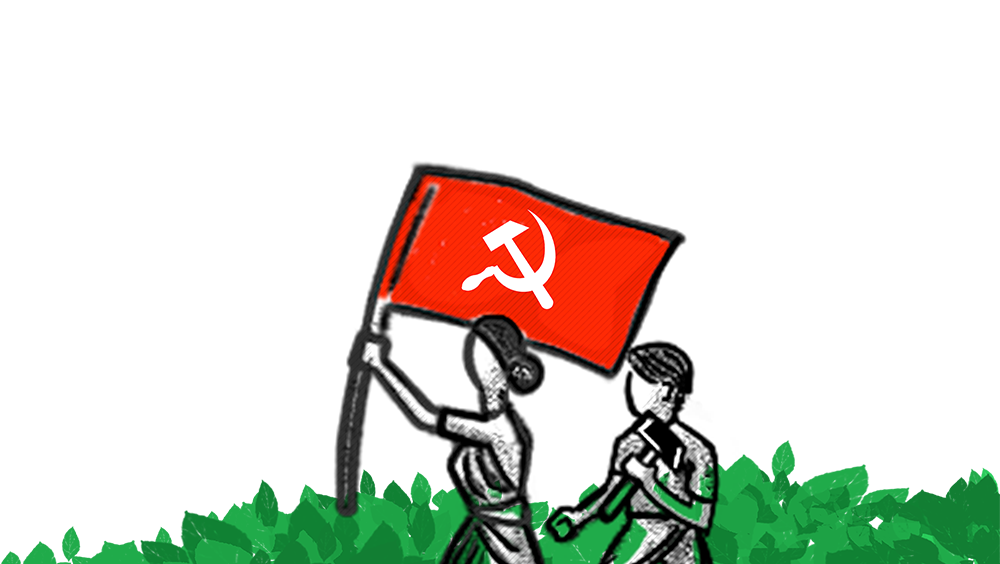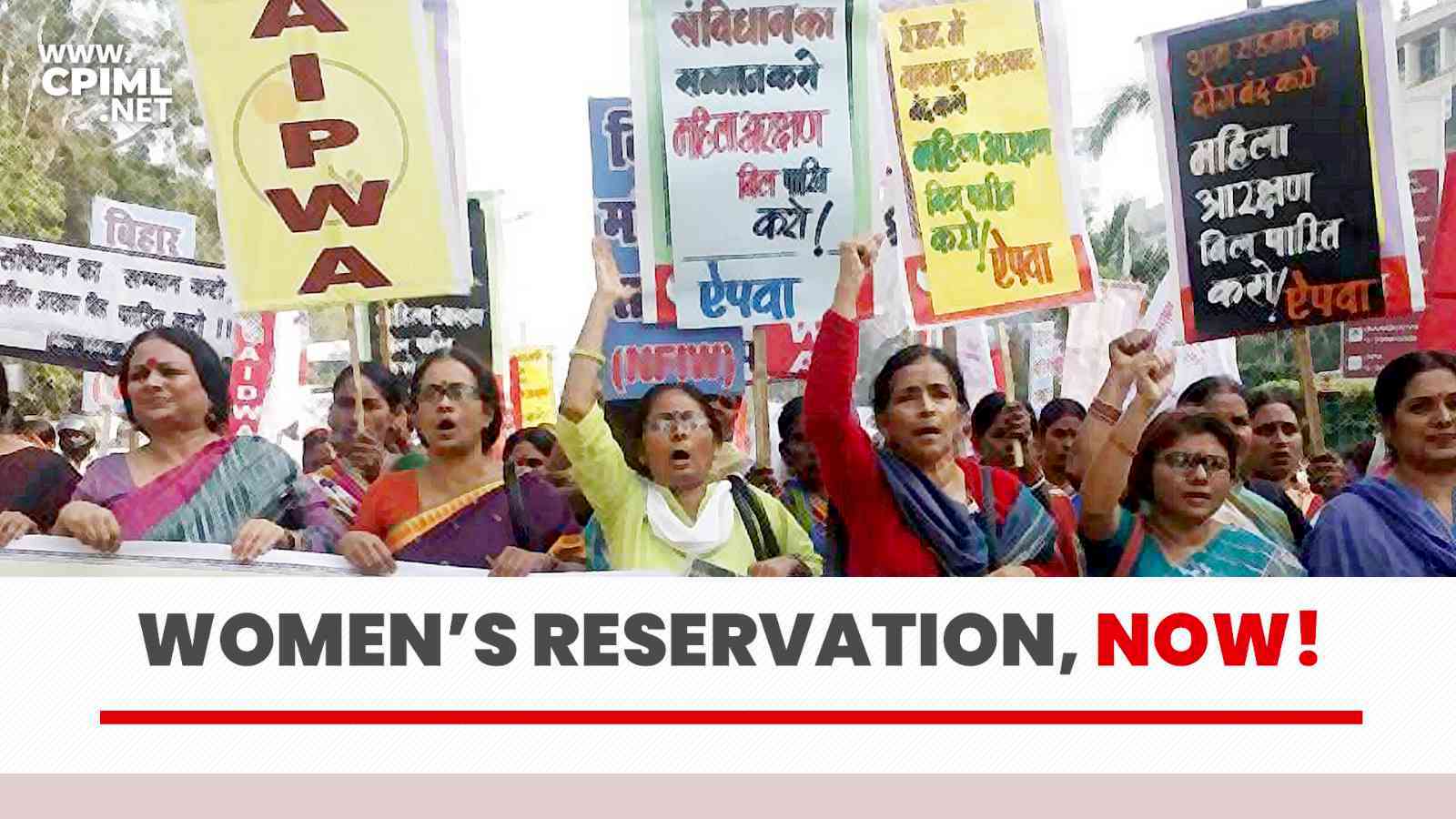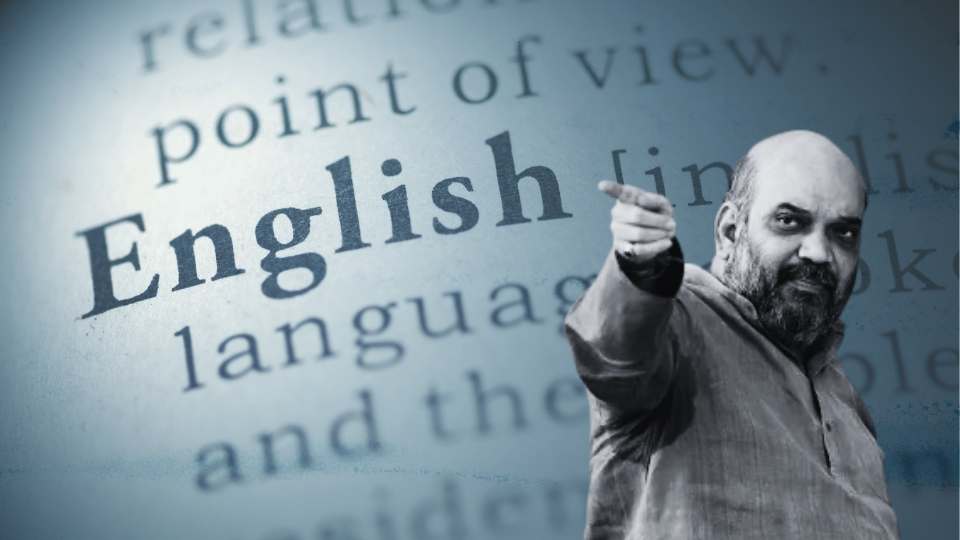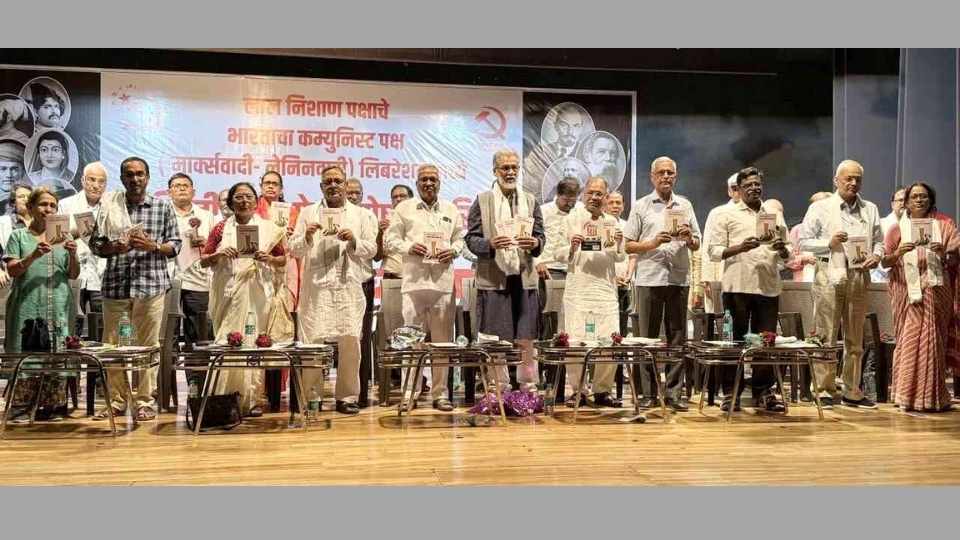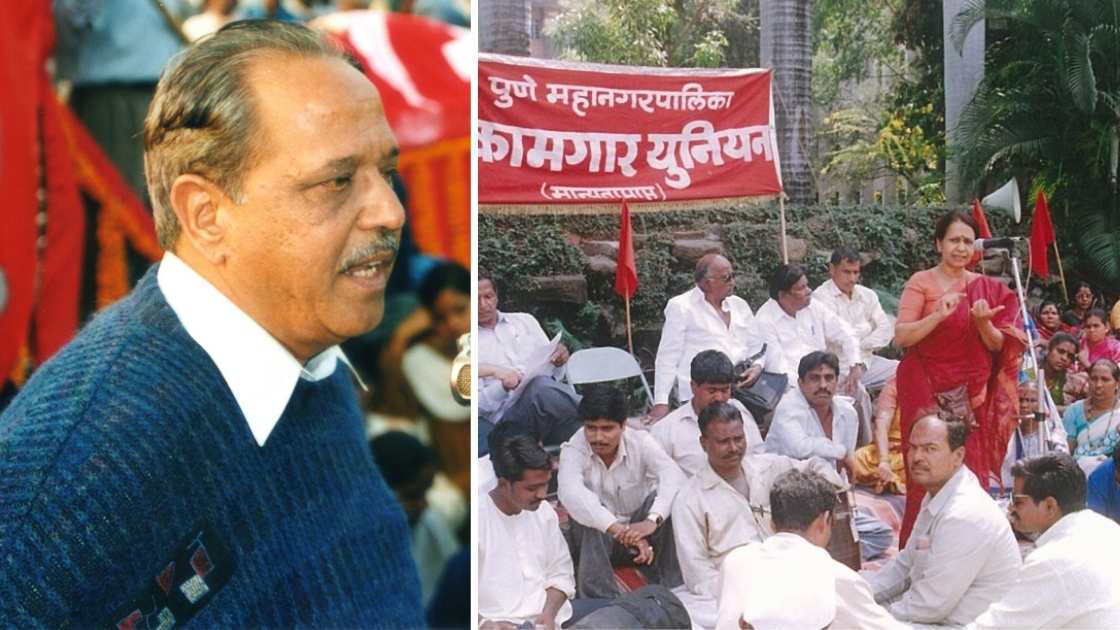The Modi government is the only government in the history of India which has failed to conduct the decadal census. In spite of Covid, seriously Covid-affected countries like China, UK and US have conducted census operations while India under Modi has failed. Women's reservation is meant to address and correct the acute underrepresentation of women in the legislative arena. We do not have to wait for another census and delimitation to assess and address the problem.
It was also jarring to listen to Nirmala Sitharaman handing out certificates of women's empowerment, calling BJP women MPs as having been empowered by the Prime Minister and describing President Droupadi Murmu as an empowered Adivasi woman even as President Murmu was kept conspicuously away from this 'historic moment of women's empowerment'.
Moved first as a private member's bill by Pramila Dandavate in the early 1980s, the women's reservation bill has a legislative history of four decades. With the benefit of the hindsight of so much discussion and debate, the latest bill should have given us the most complete and improved version, yet it appears to be most hastily drafted and clueless about implementation.
The bill as it was passed by the parliament suffers from the following three most glaring gaps and contradictions:
(i) unwarranted indefinite deferment of implementation by making it contingent on two mammoth and time-taking exercises - census and delimitation - without any rhyme or reason;
(ii) no concern for adequate representation of all sections of women, especially the underrepresented OBC community and other deprived sections;
(iii) keeping the Rajya Sabha and Legislative Councils in states with bicameral legislature outside of the ambit of the women's reservation bill.
The bill that deserved the most serious legislative treatment seems to have been drafted in haste and presented in a manner that only trivialises the functioning of parliamentary democracy. The idea of deferred implementation of such an urgent legislation only reminds us of Gandhi's famous remark on the Cripps Mission offer of Dominion Status: 'a post-dated cheque drawn on a falling bank'. A bill that the women's movement has been fighting for decades with sustained support from a broad spectrum of progressive political forces cannot be reduced to yet another electoral gimmick.

